Sustainability is front and center at Heimatsünde, a restaurant in Cologne’s funky Kunibert district. Their hot lunch menu changes daily, rotating through a variety of home-cooked classics ranging from split pea casserole to shakshuka. “We always orient ourselves to Nature and the seasons,” the founders say, “depending on what we can do with our home-grown fruit, our creativity, and what the local farmers, butchers, and coffee roasters here in the Bergisch region, the Eifel, Cologne, and the Rhineland have to offer.” They’re conscientious when it comes to takeout containers as well— they use Vytal’s reusable container system, which offers leak-proof polypropylene cups and bowls to fit orders of any size.
Sieh dir diesen Beitrag auf Instagram an
Takeout customers can use the containers for free and bring them back to any Vytal system partner location. You’re only charged for them if you miss the (extremely generous) return deadline… and even after that, you can still bring them back in exchange for food coupons. The system is financed through fees the restaurant pays each time they use a container. So far, Vytal has partnered with over 1500 businesses, and not just in Germany— eco-conscious restaurateurs in France and Austria have begun using the reusable system as well. Vytal’s customers include sit-down restaurants, cafes, lunchrooms, and retailers.
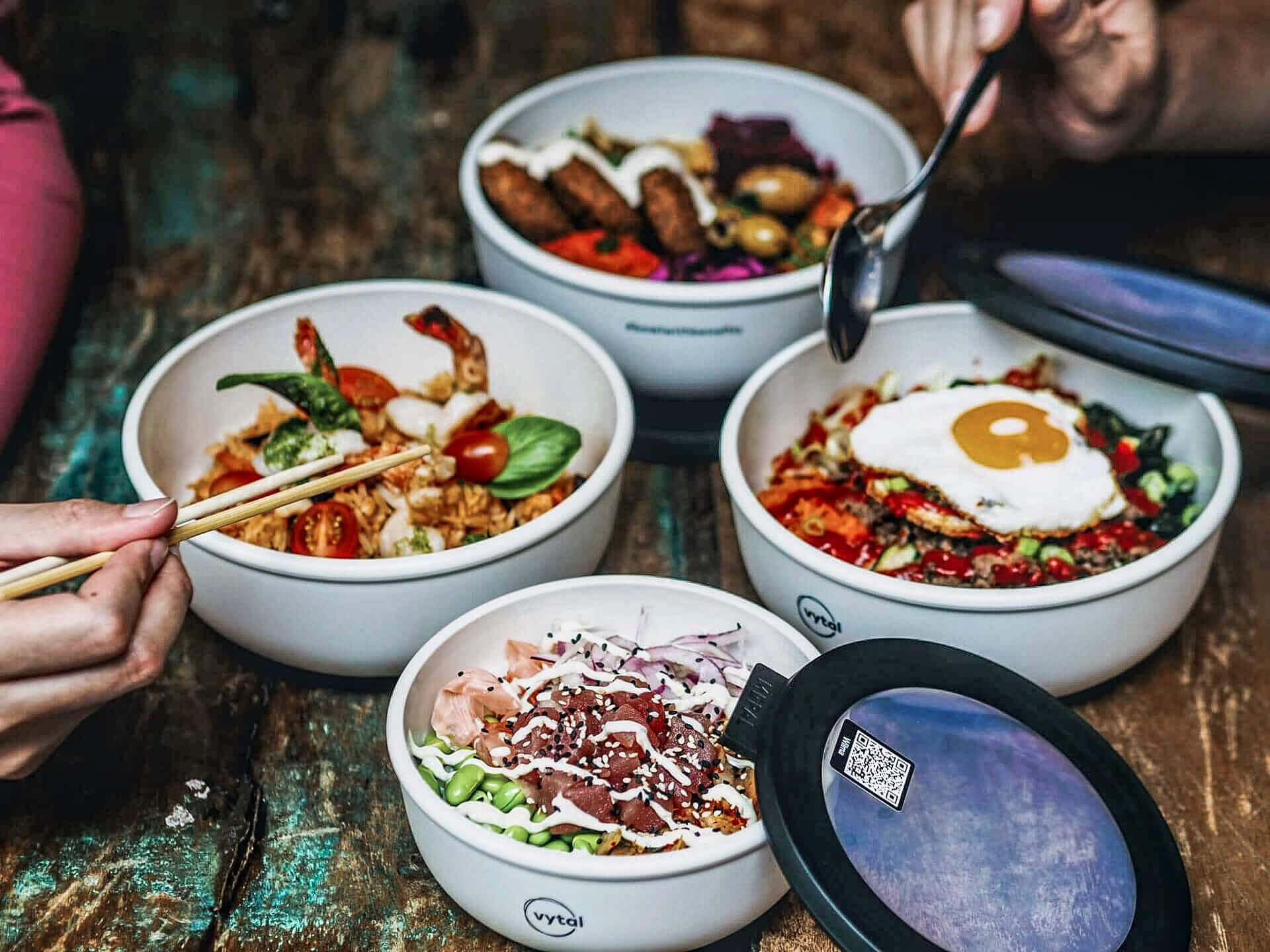
Image: Gol Ebrahimpour
Reusable-container services are perfect for company food service, too: the canteen at Cologne’s municipal police headquarters uses Vytal, and Bayer began rolling out a Vytal-based takeout concept in its lunchrooms this summer.
App or deposit? The right approach for everyone
Before using the system, diners register on an app that allows them to borrow the containers via QR code, and then reminds them about return deadlines. Vytal isn’t the only system of its kind, either. A Munich start-up by the name of Relevo uses a similar method, regulating loans and returns via app and charging food service establishments a pay-per-use fee. Several hundred restaurants, most of them in and around Munich and Berlin, have already signed up.
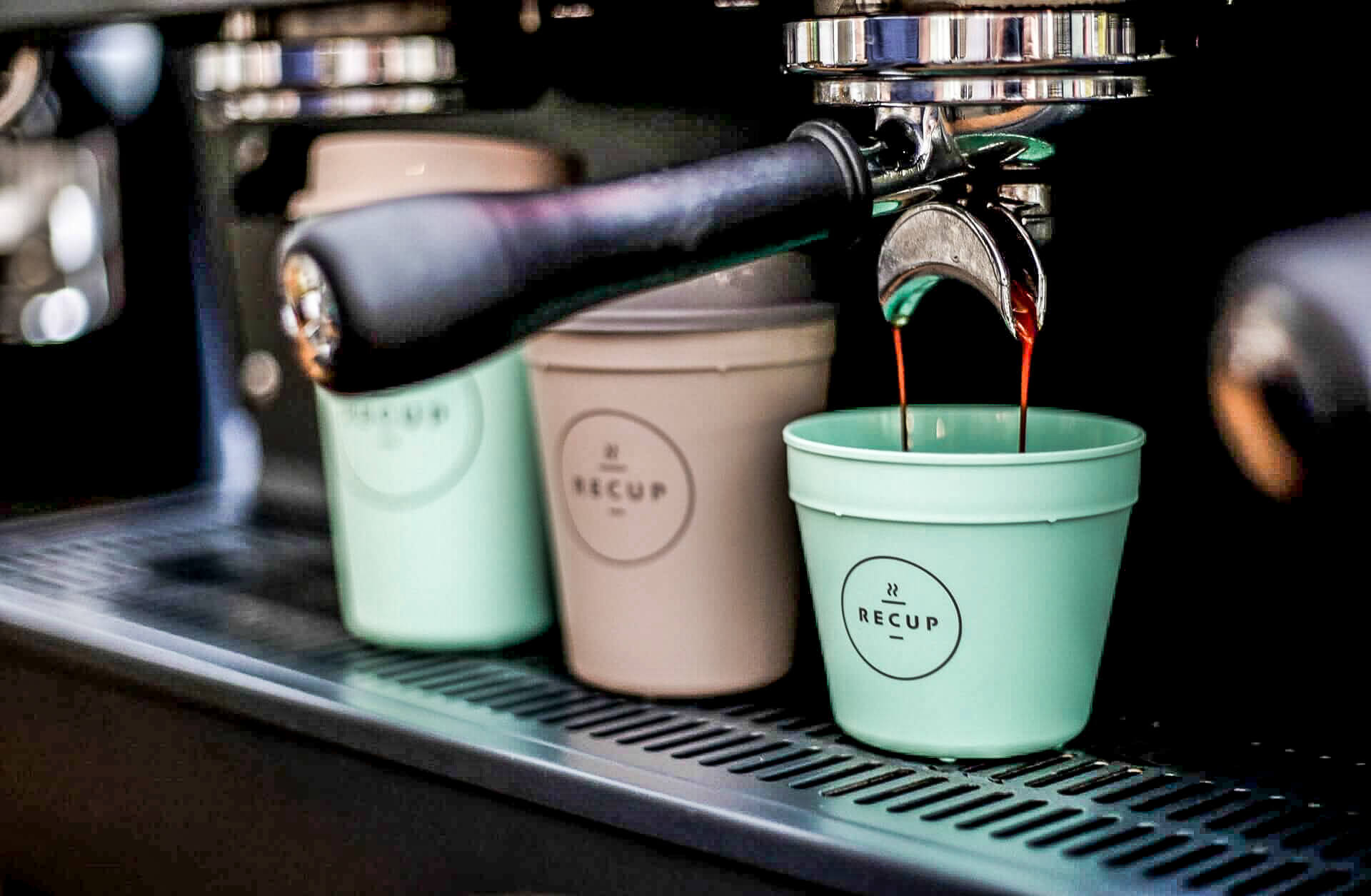
Image: RECUP
Other options are available for those who prefer the tried-and-true deposit method. The duo of Recup and Rebowl (for cups and bowls, respectively, as you might guess) are available throughout Germany (www.recup.de). Restaurateurs pay a monthly fee for the system and borrow the containers from the service. They pass the deposit fee on to their guests, who don’t have to register in order to use the containers.
Rebowl has already partnered with 1800-plus businesses across the country, while Recup is cooperating with over 50 cities, counties, and communities. Munich is one of them. “We live in a to-go society, and we need to focus more on the subject of reusability,” says County Mayor Dieter Reiter. Berlin, meanwhile, is currently running a test partnership with the delivery platform Lieferando.
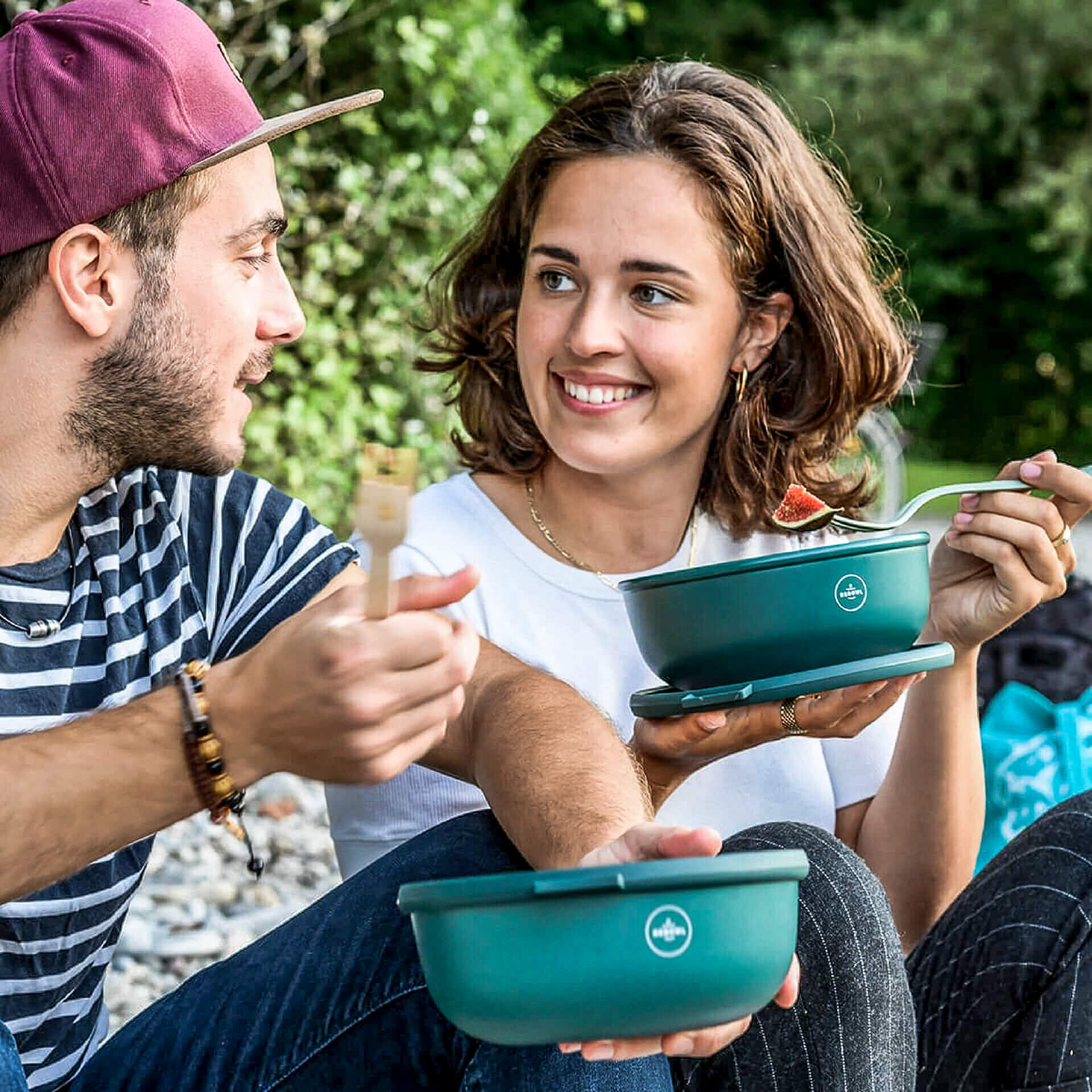
Image: REBOWL
Reuse by law
Reusable systems aren’t spreading fast, but they’re spreading. Calculators on the companies’ websites motivate potential partners by demonstrating how much money and waste they could be saving. Germany’s law ordering restaurateurs to provide reusable alternatives for street food goes into effect in 2023, which will likely compel more companies to adopt the solutions.
And if you think reusable containers are mostly a German thing, think again! Other countries are taking the fight to takeout trash as well. In France, for example, Vytal is well-established, as is barePack. The latter doesn’t charge restaurants a cent; instead, diners pay a subscription fee (€2 monthly or €19 annually) to use their boxes. Restaurants benefit by eliminating the expense of disposable containers.
Sieh dir diesen Beitrag auf Instagram an
Popular in Germany but also abroad
The barePack concept uses high-quality lunch boxes produced by the French manufacturer Monbento. Users can keep up to five boxes at any one time; the boxes can be returned to any barePack partner. The company works with delivery platforms Deliveroo and Eatic; most of its 100-plus partner restaurants are in and around Paris/Ile de France.
BarePack also has more than 150 outlets in Singapore, which use different boxes but a similar concept. That subsidiary works with Deliveroo as well, among others.
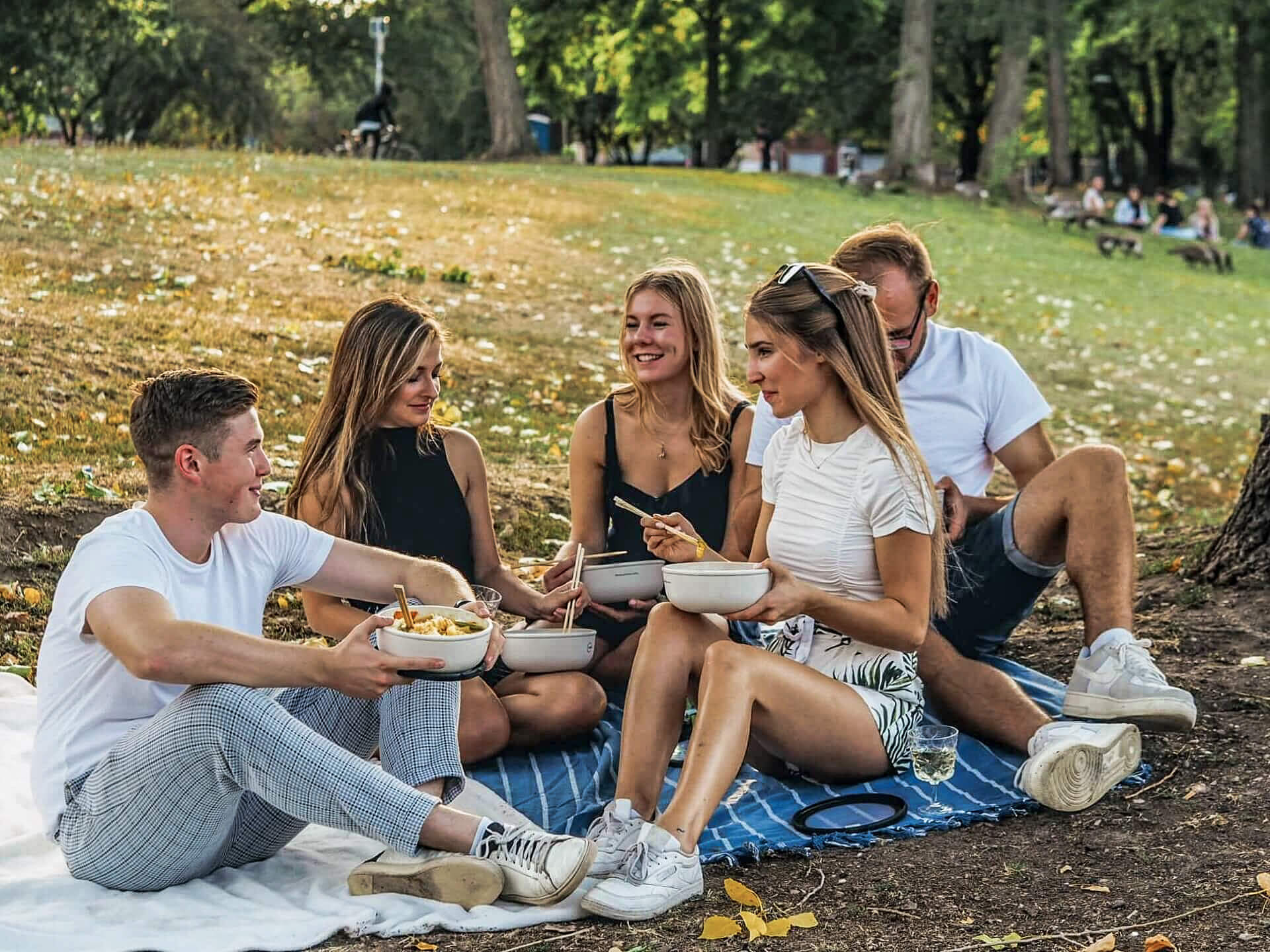
Image: Sven Witthoeft
And, of course, US takeout customers are getting in on the reusable-container action as well. Restaurant Brands International is rolling out reusable solutions on a massive scale in its restaurants, of which the most famous is probably Burger King. RBI restaurants in the US, Canada, Korea, and Sweden are all currently running reusable-container pilot projects.
Thinking beyond plastic
Smaller-time players have begun turning to more individualized solutions. And they’re not always going straight to plastic, either. Stainless steel containers by Dispatch Goods (dispatchgoods.com) are currently circulating in and around San Francisco.
Sieh dir diesen Beitrag auf Instagram an
Grainmaker, which has two locations in Boston, has been using glass containers since 2019; diners purchase them once and then trade them in as often as they like. In exchange, glass container users receive a 5% discount on their food. That way, founder Chris Freeman explains, they’ve made back the ten dollar box price after around 15 visits. And, of course, the sense of having done something good for the environment is included at no extra charge!




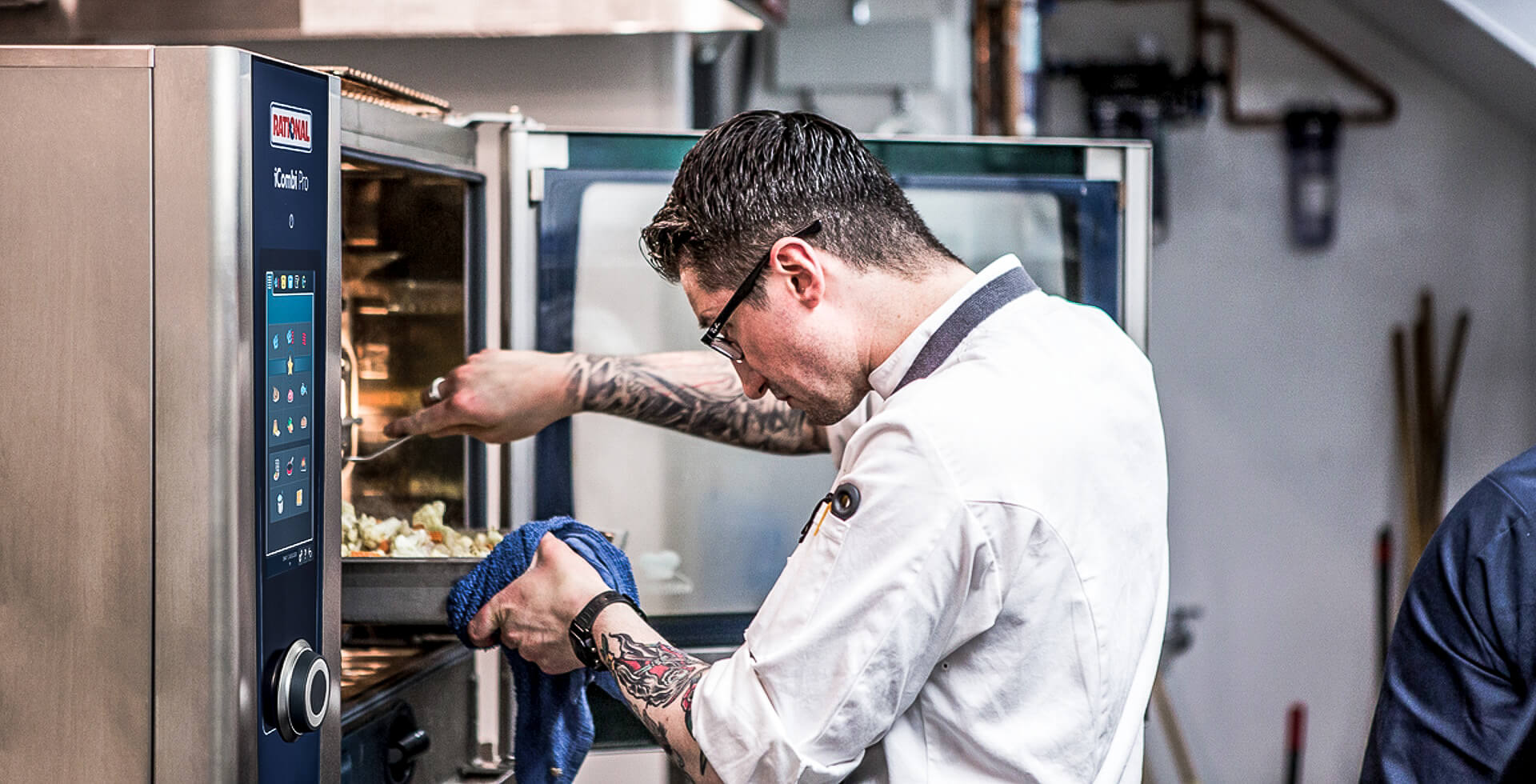
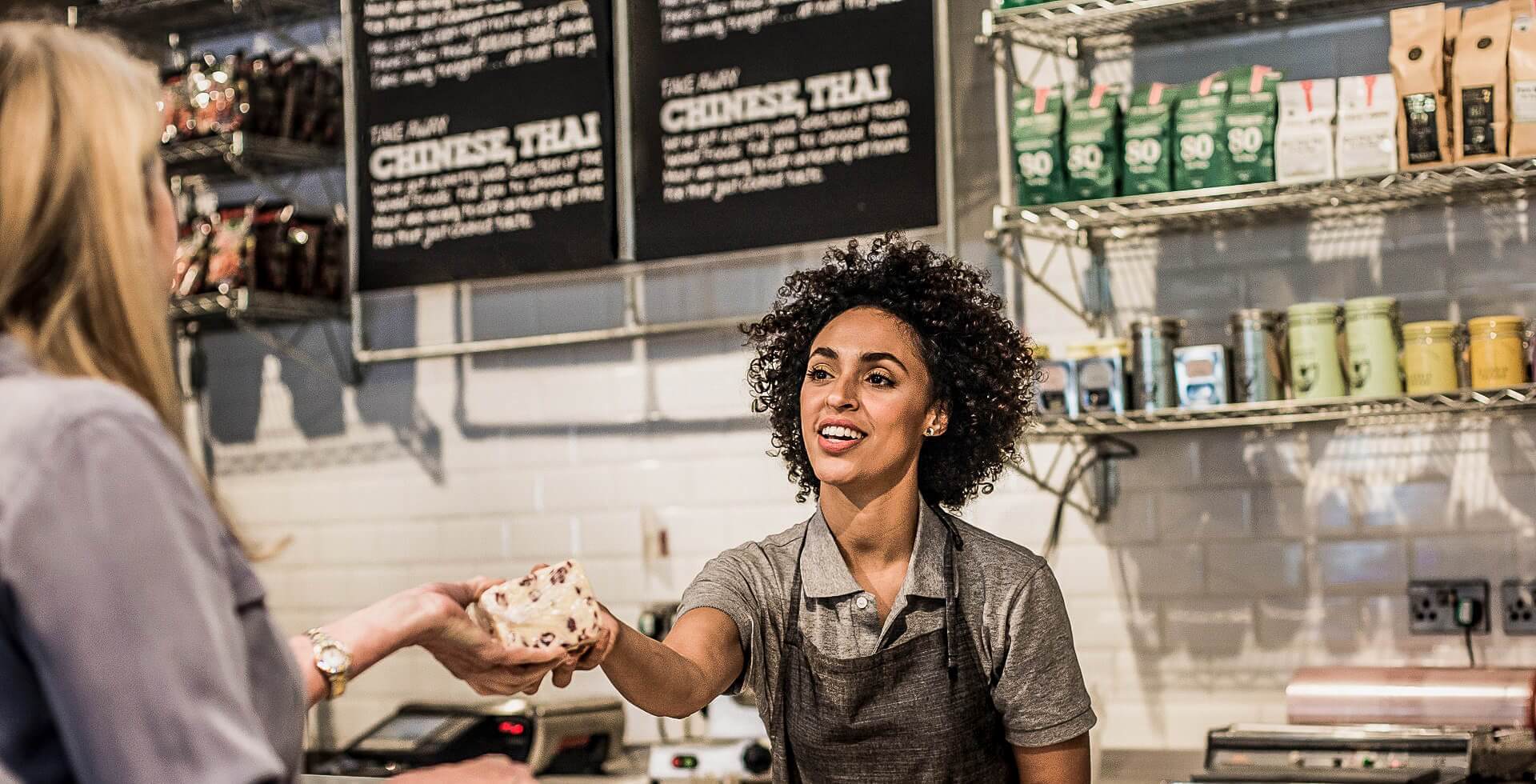
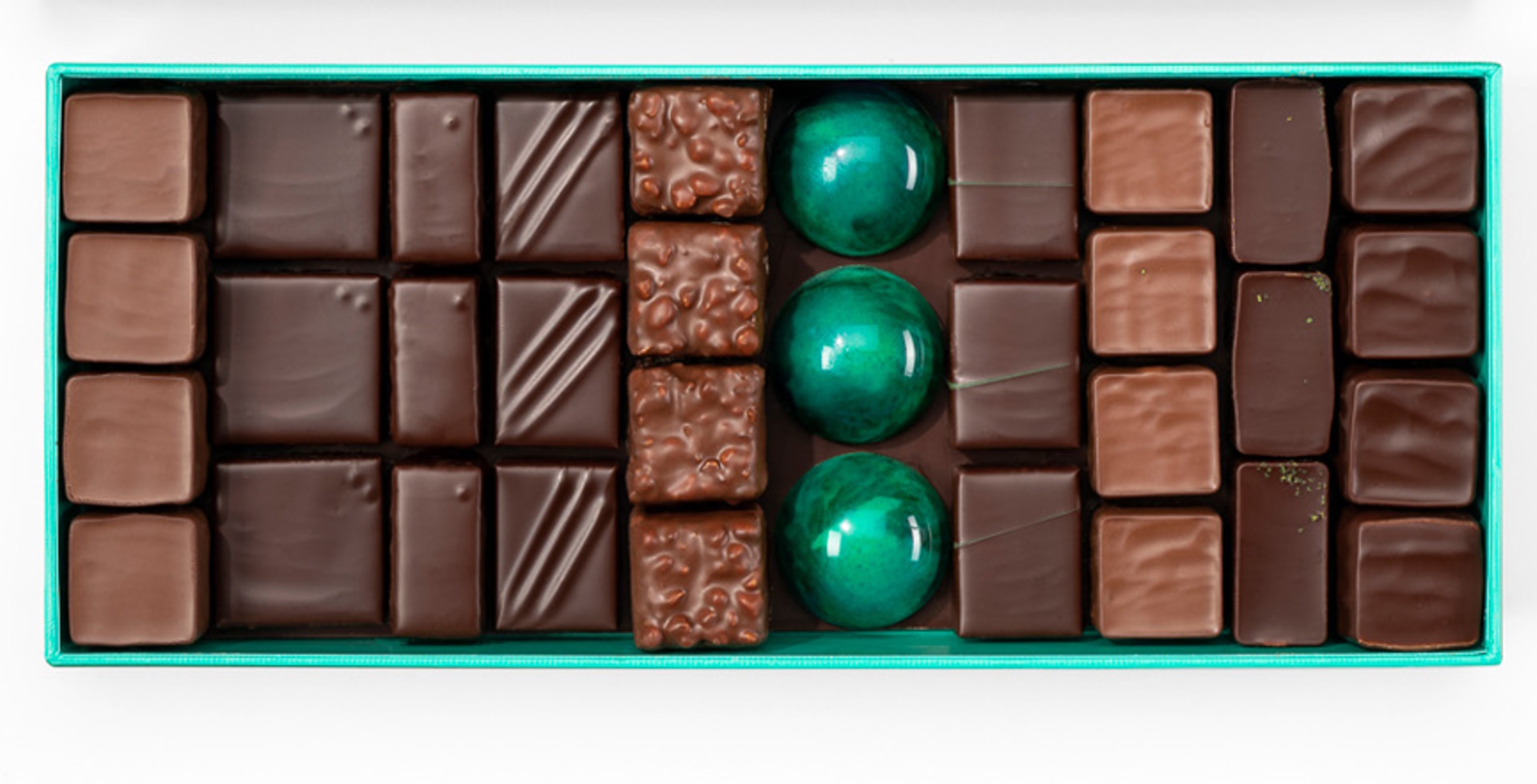

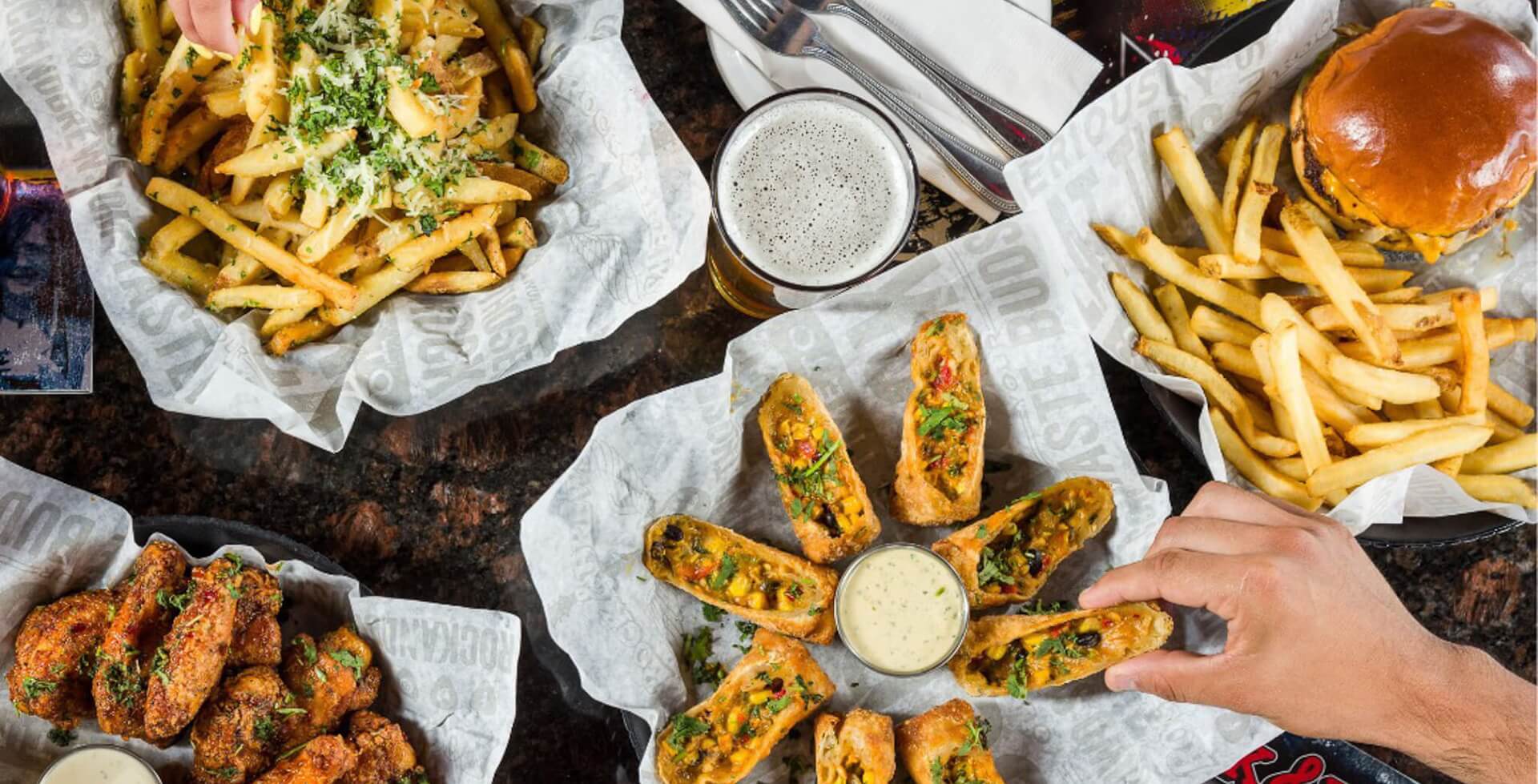


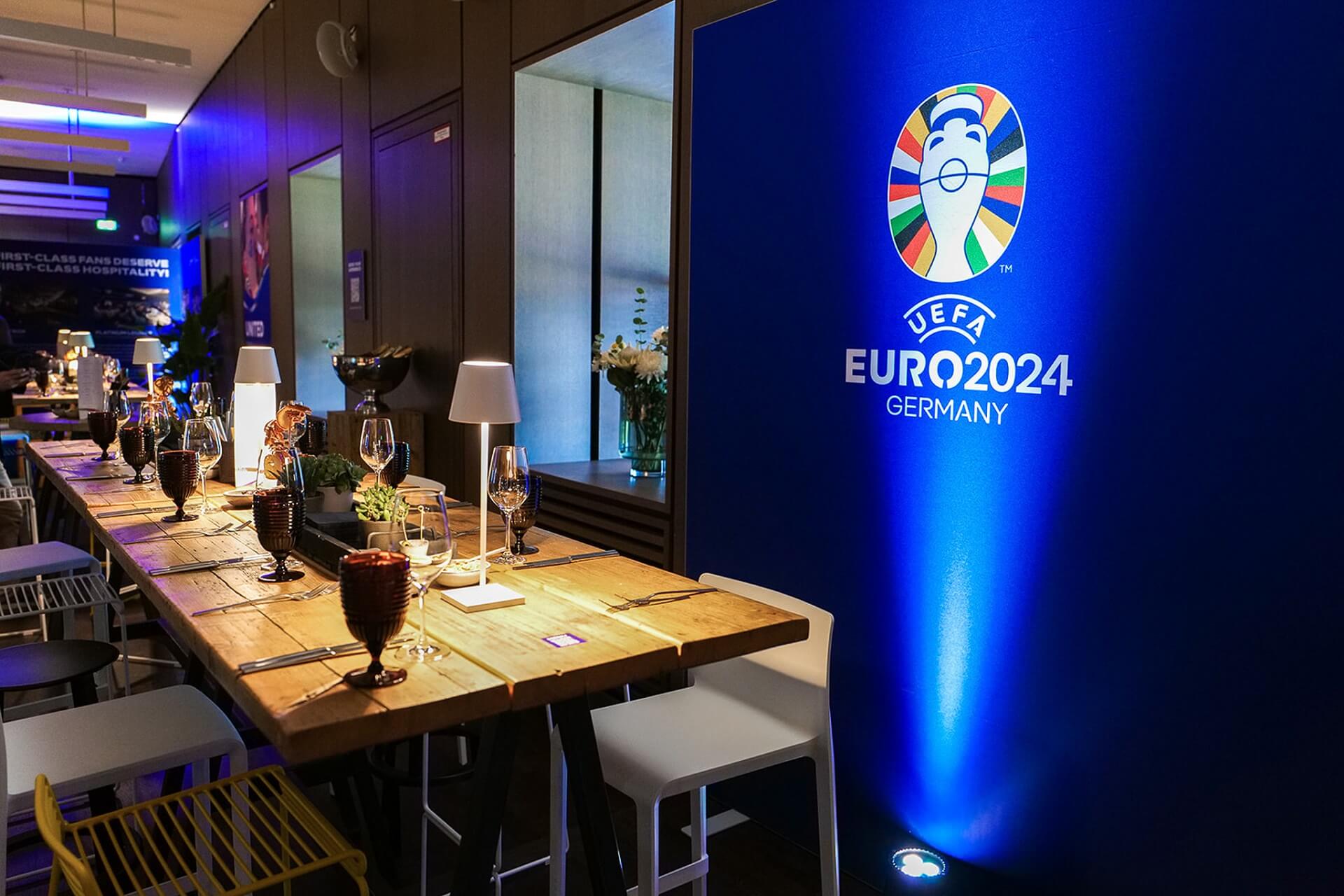
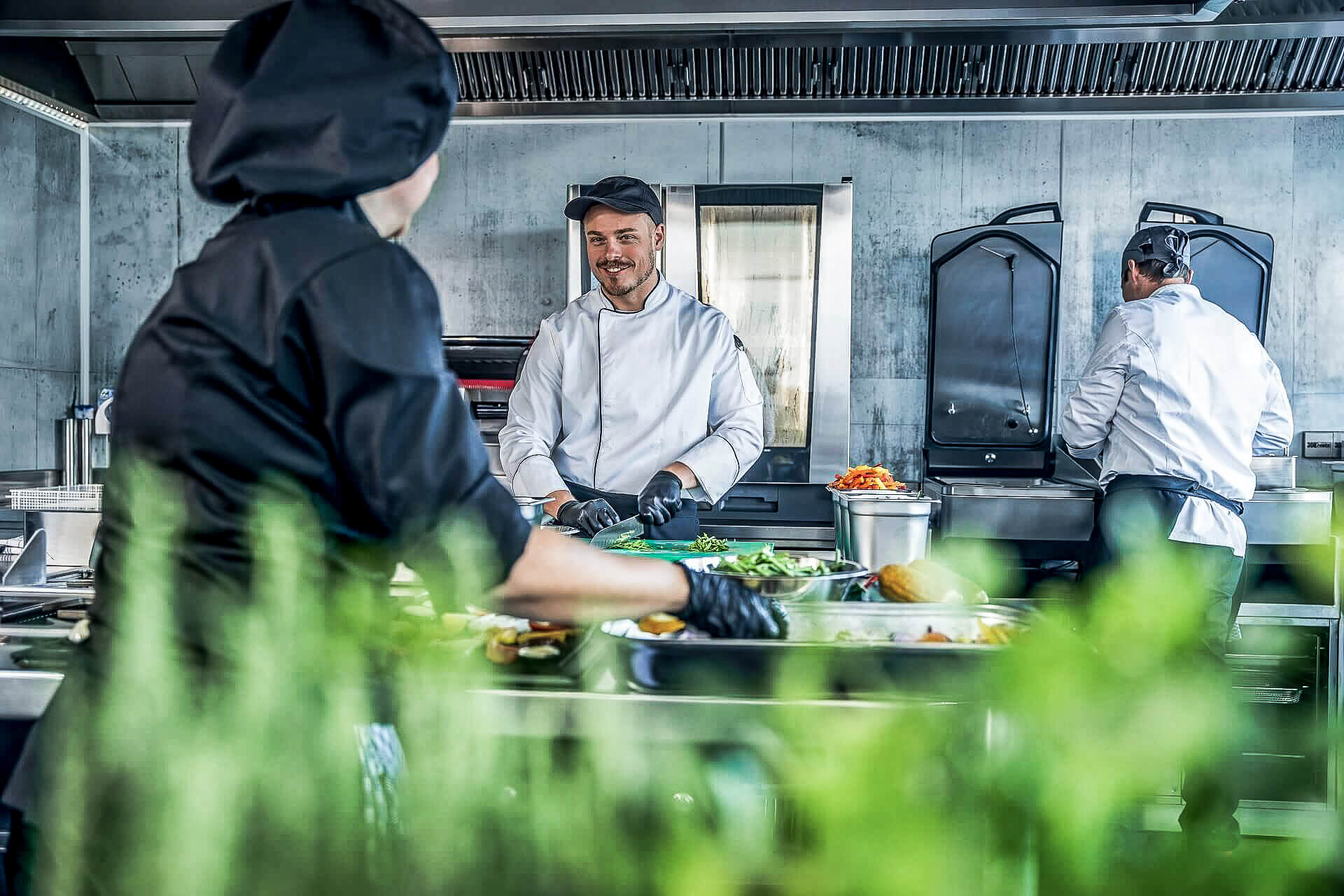
Pingback: Zero food waste: getting the best from leftovers | KTCHNrebel